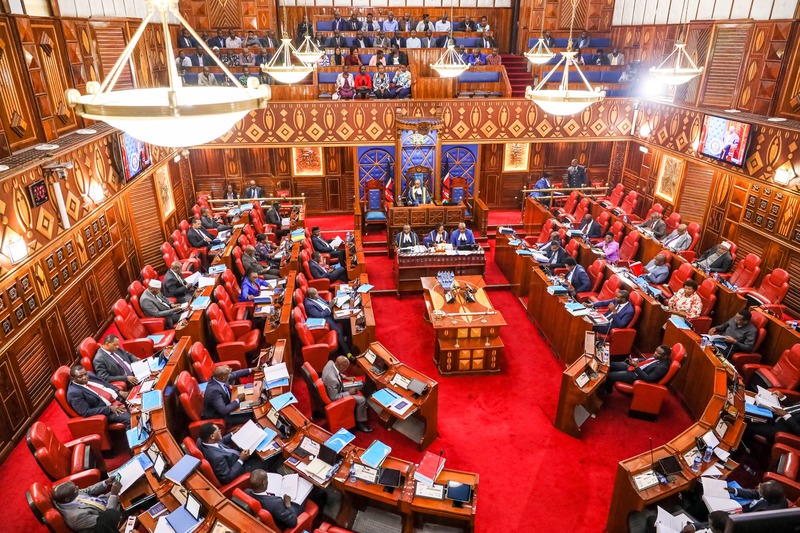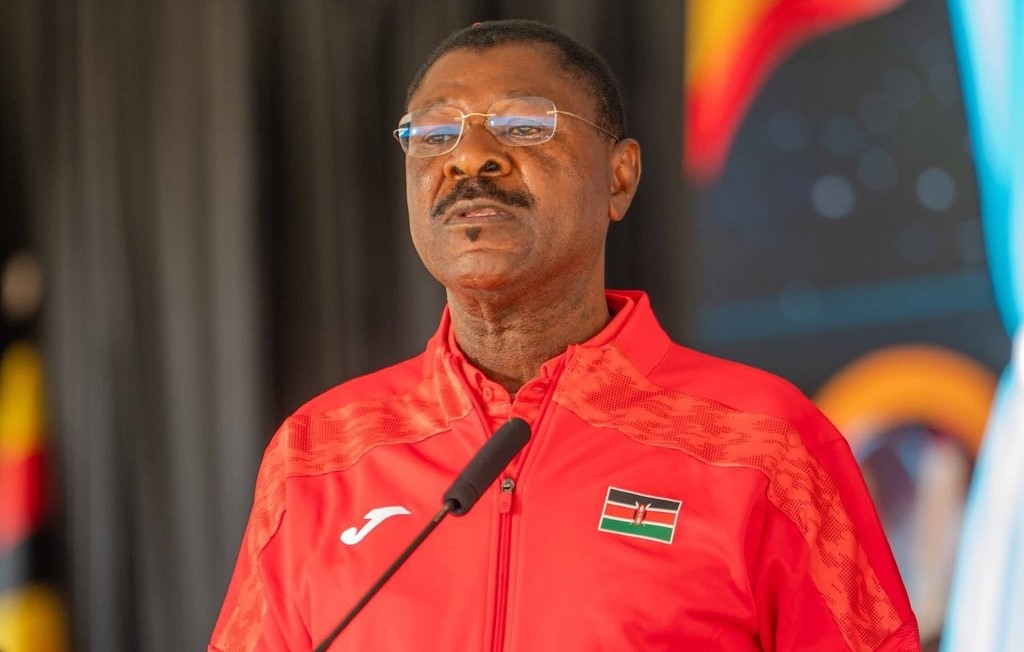Long way to go in bid to end corporal punishment by 2030 - Save the Children

NGO says that slow progress means it could take up to six decades to eliminate the practice and ensure the protection of children.
It may take up to 60 years to achieve the global goal of eliminating the corporal punishment of children, a non-government organisation warned on Tuesday as the world marked the International Day to End Corporal Punishment.
The Sustainable Development Goals of the United Nations call for an end to the practice by 2030 but over the last nine years, only 20 countries, including Kenya, have enacted laws to prohibit it.
More To Read
- UNICEF, Save the Children hail Turkana’s progress in tackling malnutrition
- Crimes against children in conflict surge to worst-ever level in 2024 - report
- Two-thirds of South Sudan’s children trapped in exploitative labour, new report reveals
- Kilifi teacher arrested after pupil dies from alleged corporal punishment
- Mothers struggle to feed children as hunger grips Turkana
- Over 13 million Sudanese children out of school amid ongoing conflict
This pace, according to Save the Children, is significantly slower compared to the period before 2015.
"Only 15 per cent of children globally—an estimated 320 million children—are fully protected by law from corporal punishment, with about 66 of around 193 states banning corporal punishment in all settings," the organisation said.
Meanwhile, 27 countries have publicly committed to reforming their laws, which if enacted, would protect a further 288 million children.
The United Nations Committee on the Rights of the Child defines corporal punishment as any punishment in which physical force is used and intended to cause some degree of pain or discomfort, however light.
Traditionally, the practice was used in Kenya and several other countries as a way of raising children to become disciplined individuals.
However, teachers and parents abused the practice, prompting the Kenyan government to ban it in 2001 under the Children's Act.
According to the World Health Organisation (WHO), corporal punishment inflicts considerable harm on both children and societies as a whole.
Statistics show that around half of high-income countries are yet to implement full legal protection, compared to about 70 per cent of middle-income countries and more than 90 per cent of low-income countries.
Save the Children’s Global Director of Child Protection, Steve Miller said the lack of progress in addressing the devastating issue is a global concern.
He called on all countries to prohibit all forms of corporal punishment against children in all settings by 2030 and to listen to children in order to create change.
“It’s time to accelerate progress. With the target of global prohibition by 2030, we have six years—not 60—to fully protect children from violent punishment. Corporal punishment is a violation of children’s rights, and its widespread social acceptance normalises a level of violence throughout childhood that can lead to other forms of violence and mistreatment," he said.
"We have an opportunity with the first ministerial conference on ending violence against children taking place later this year to make a concerted effort towards achieving the 2030 target."
Miller emphasised that any country that prohibits corporal punishment is sending a strong message that they are listening to children.
"Prohibition makes it clear that children’s rights are respected. It makes it clear that there is nothing acceptable about subjecting children to physical or mental abuse in the home or elsewhere," he said.
Top Stories Today















































